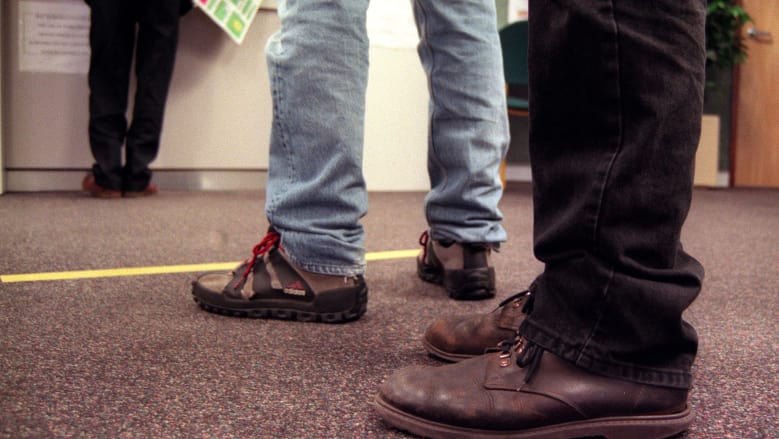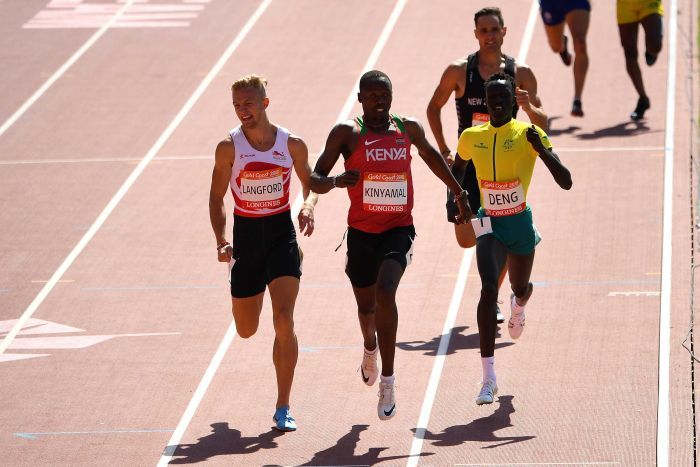Employers are also feeling the impact of a cut to the migration program amid business warnings that both major parties are “playing with fire” by shutting out workers who contribute to the economy.
Applications for family visas, including spouses who have married Australians, fell to 125,000 in the year to June but only 47,000 were granted, leaving tens of thousands waiting for a decision.
Photo: Virginia Star
Home Affairs Minister Peter Dutton has overseen a cut to the permanent intake from 183,608 last year to 162,417 in the year to June 30, trimming both skilled and family visas.
“I want to make sure we scrutinise each application so we’re getting the best possible migrants,” Mr Dutton said last week.
Fairfax Media sought figures on the number of applications lodged during the past year and was told the number of family stream applications fell 12.6 per cent while the skilled applications fell 17.7 per cent.
Total refusals increased 46 per cent and total withdrawals increased 17 per cent as a result of the “increased focus on integrity” but the total number of finalisations was similar, the government said.
The numbers reveal the hidden side of the government’s tougher line on permanent residency, with many applicants waiting within Australia on other visas while they seek a decision on permanency.
Both major parties are now hardening their language about foreign workers, with Opposition Leader Bill Shorten accusing the government of doing nothing about 1.6 million people from overseas who have work rights in Australia.
“This government does not want to talk about the growing problem of people coming to Australia with temporary work right visas and they’re doing nothing about that,” he said.
Australian Chamber of Commerce and Industry chief executive James Pearson said businesses and jobs were at risk from the “starving of skills” from visa changes.
“They are stoking the unfounded fears of some in the community who are being told that skilled migrants take jobs off Australians,” Mr Pearson said.
Australians have a right to gain a visa for a spouse but are often expected to wait more than a year, with Home Affairs saying 75 per cent of applications are processed within 23 months and 90 per cent are processed within 32 months.
Migration Council chief Carla Wilshire said the cuts to the permanent program could create a backlog and extend waiting times for family and employer sponsorship, creating uncertainty and insecurity.
“Taken together, the recent changes to our migration framework have the potential to create a large pool of migrants who are permanently temporary, unable to move toward citizenship and fully settle in the Australian community,” Ms Wilshire said.
Abul Rizvi, a former deputy secretary of the immigration department and a recipient of the Public Service Medal for work on Australia’s migration program, said the trends were a sign of a “system in trouble”.
“The cut in the program will indeed lead to a bigger queue in the family stream,” Mr Rizvi told Fairfax Media.
“We will see three things arise. More spouse applicants will try to enter on visitor visas and then apply for a spouse visa onshore. More employers will try to bring in people on short-term visas and apply for a work visa onshore. More students, former 457s and [working holiday makers] will be forced to look for other ways to remain or will be forced to leave.”
Mr Rizvi said the number of people in Australia on bridging visas was almost 200,000 already and would rise as a result of the government’s approach.
“This is the sign of a system in trouble as it is indicative of both declining efficiency and declining integrity,” he said.
“Remember, people entering on visitor and other short term visas are subject to limited checks. These then have to be done after arrival. That is poor practice from an integrity perspective.”
Australian voters heard the two major parties engage in a debate over a “big Australia” in 2010 after former prime minister Kevin Rudd revealed a forecast that Australia would reach 35.9 million by 2050.
Mr Rudd was replaced in June 2010 and his successor, Julia Gillard, retreated on the issue within weeks. “Australia should not hurtle down the track towards a big population,” she said in August 2010.
FOR FULL STORY PLEASE CLICK THE LINK BELOW:
www.smh.com.au/politics/federal/visa-queues-swell-as-peter-dutton-s-migration-cuts-bite-20180720-p4zsp6.html



 RSS Feed
RSS Feed